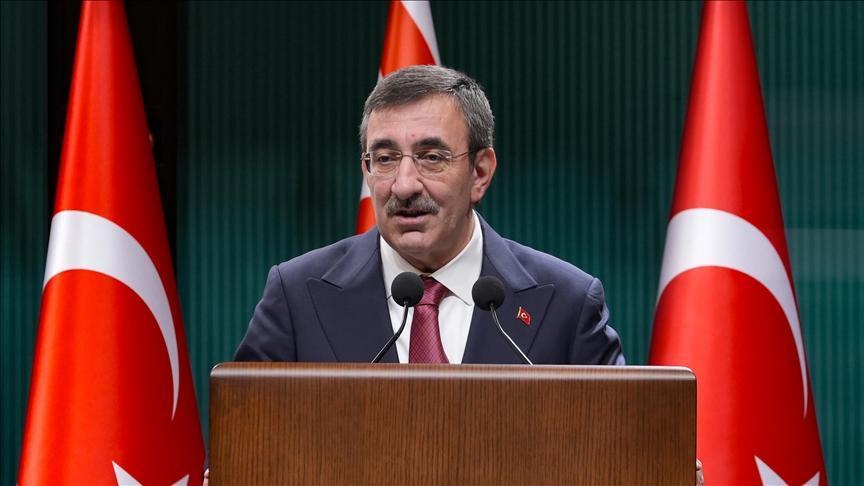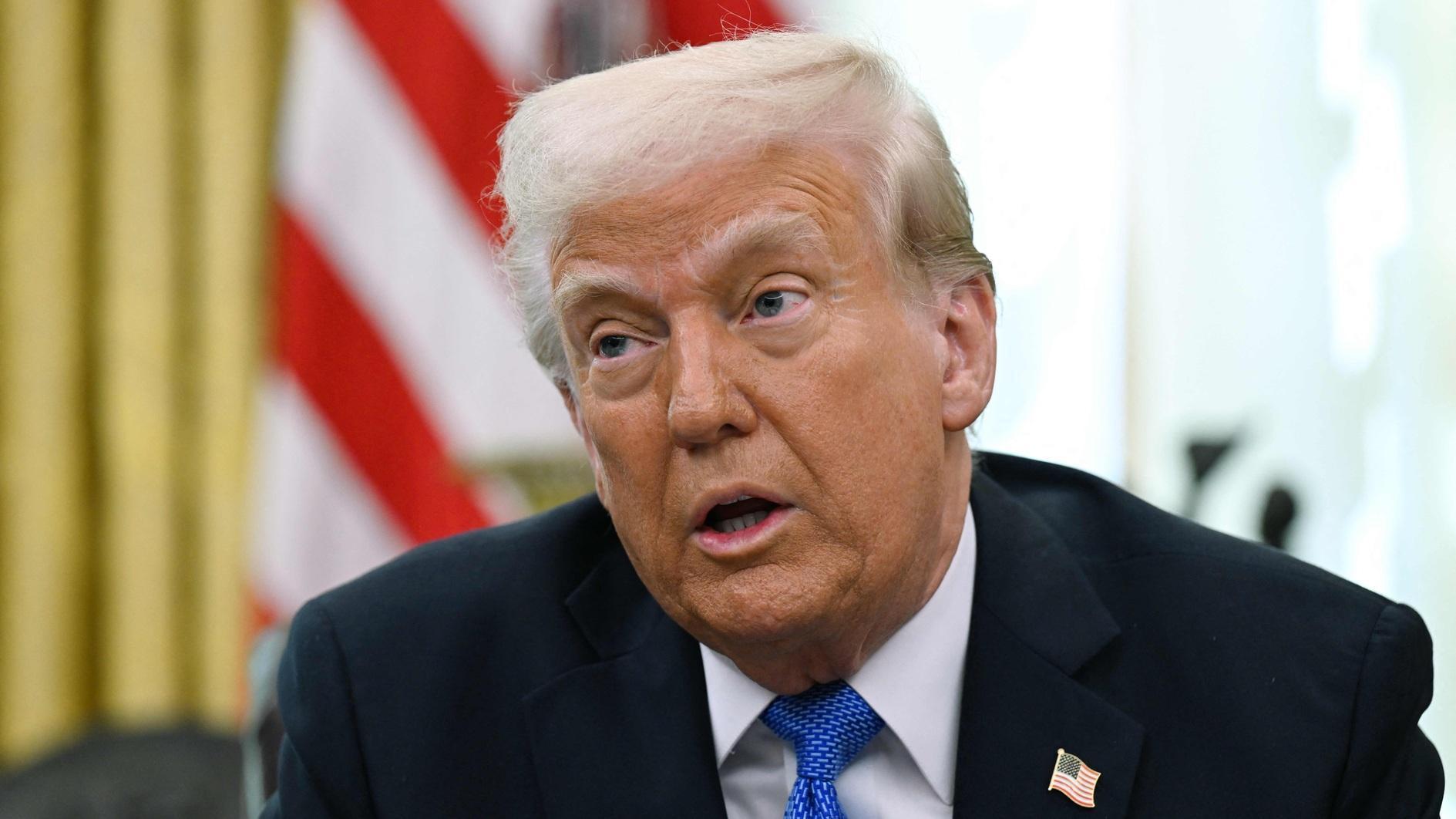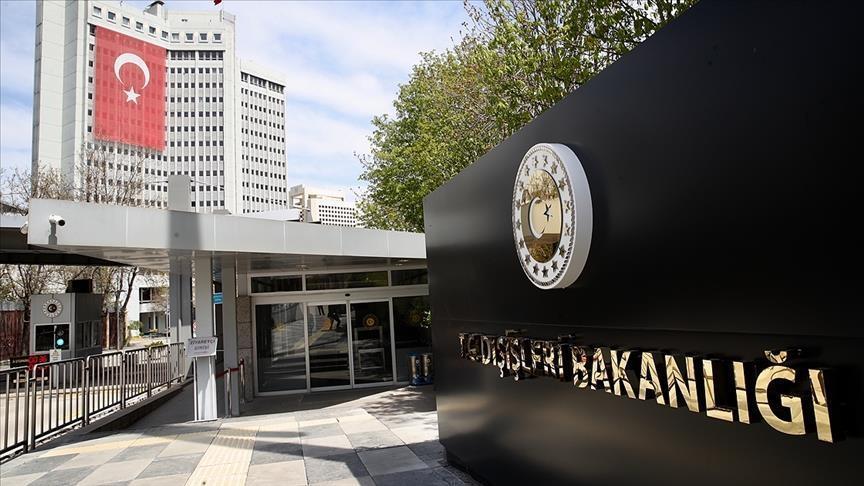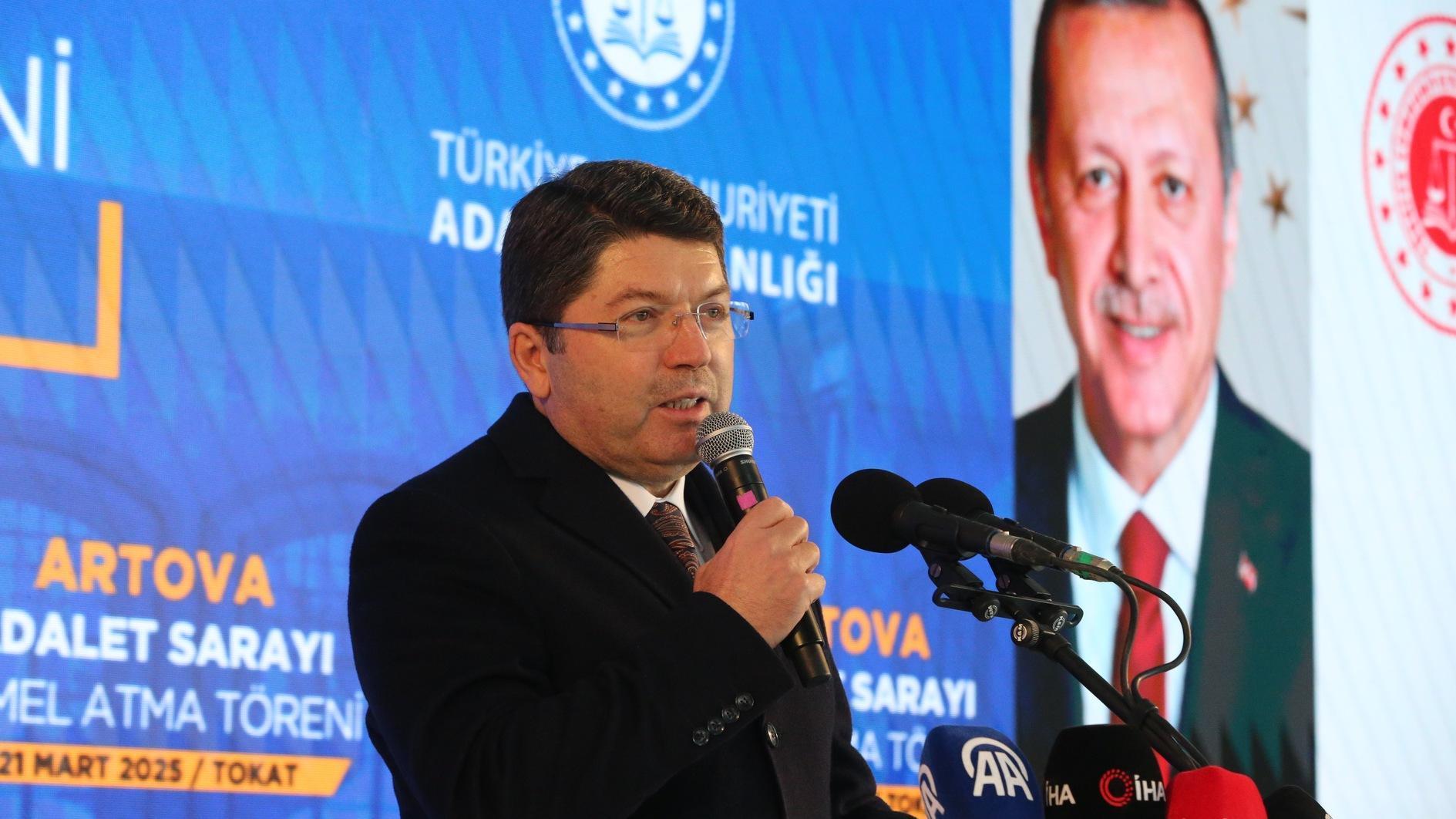Tunisian leaders fail to again to agree on new PM
TUNIS - Agence France-Presse
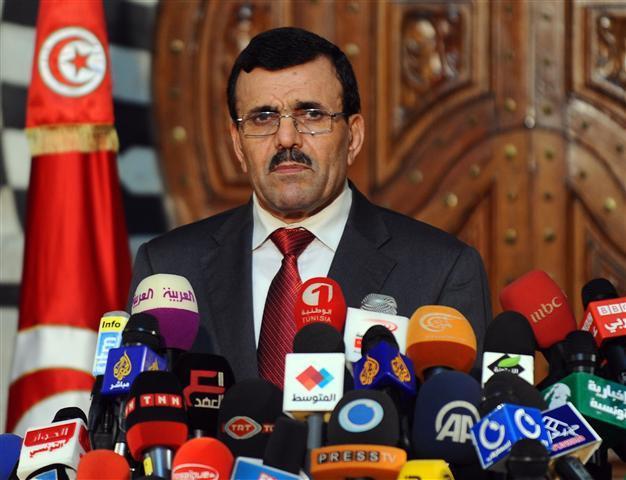
Tunisian Prime Minister Ali Larayedh gives a press conference on October 23, 2013 in Tunis. AFP photo
Tunisian political leaders were to meet on Monday in a new bid to choose a prime minister after missing two deadlines to bridge their differences and resolve months of deadlock.The powerful UGTT trade union mediating the talks said delegates from the ruling Islamist party Ennahda and the opposition were going to fail to meet a noon deadline and would convene again later in the day.
Tensions have gripped Tunisia since veteran strongman Zine El Abidine Ben Ali was toppled in the 2011 uprising, and were exacerbated by the murders of opposition politicians Chokri Belaid in February and Mohamed Brahmi in July.
The two sides opened hard-won talks on October 25 to form a government of independents, draft a much-delayed constitution and prepare for elections as part of a roadmap with a strict timetable.
Under the plan, a new prime minister was to have been named on Saturday, a week after the talks began, but when that failed to eventuate a new deadline was set for Monday noon (1100 GMT).
But they were again unable to overcome their differences and fresh talks to agree on a new premier were to begin in the afternoon, the UGTT said, without specifying when an announcement could be expected.
Politicians said the negotiators have been unable to decide between two candidates: opposition-backed 79-year-old Mohamed Ennaceur, and Ahmed Mestiri, an 88-year-old supported by Ennahda and its allies.
Both are well respected and served under the late Habib Bourguiba, who led the fight for Tunisia's independence from its French colonial masters and served as its first president for three decades from 1957.
The opposition says Mestiri is weak and would be a puppet in the hands of Ennahda. "Ennahda wants to exit power from the front door and come back through the window," leftist leader Hamma Hammami said.
Ennahda spokesman Ziad Laadhari retorted that Mestiri was the right man because "he strikes a balance between the two sides".
The opposition and the government say Islamist radicals, oppressed under Ben Ali and whose influence has grown since the uprising, are behind the killings and deadly attacks targeting mostly security forces.
The opposition has demanded the government's resignation and the formation of a cabinet of independents, accusing the current line-up headed by the moderate Ennahda of failing to rein in jihadists.
After months of stalling, Ennahda opened talks with the opposition on October 25 in line with the roadmap.
Prime Minister Ali Larayedh has said he will step down so long as the timetable is respected But some fear the repeated delays will effectively spell the end of dialogue between the two sides.
"If the much-awaited solution is not found today, should we expect the dialogue to be suspended?" the French-language daily La Presse asked on Monday.
Tensions remain high in the North African country where security was stepped up this week following two botched suicide attacks in tourist resorts, and the killing of nine policemen in October.
The government has linked Tunisia's armed jihadists to Al-Qaeda in the Islamic Maghreb, but says that it lacks the resources to combat them.
On Sunday the presidency ordered an eight-month extension of a state of emergency which has been renewed repeatedly since the 2011 uprising.


